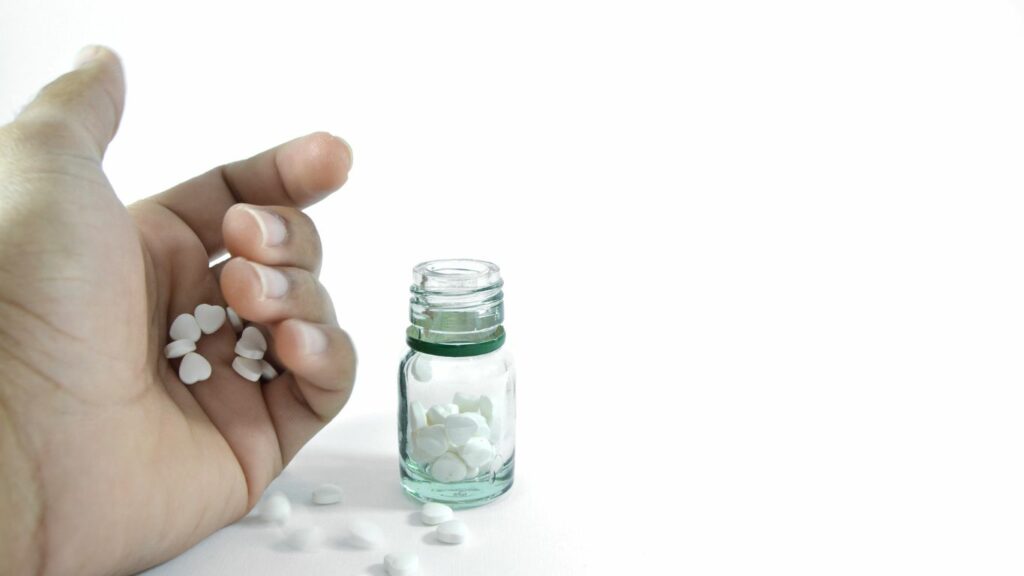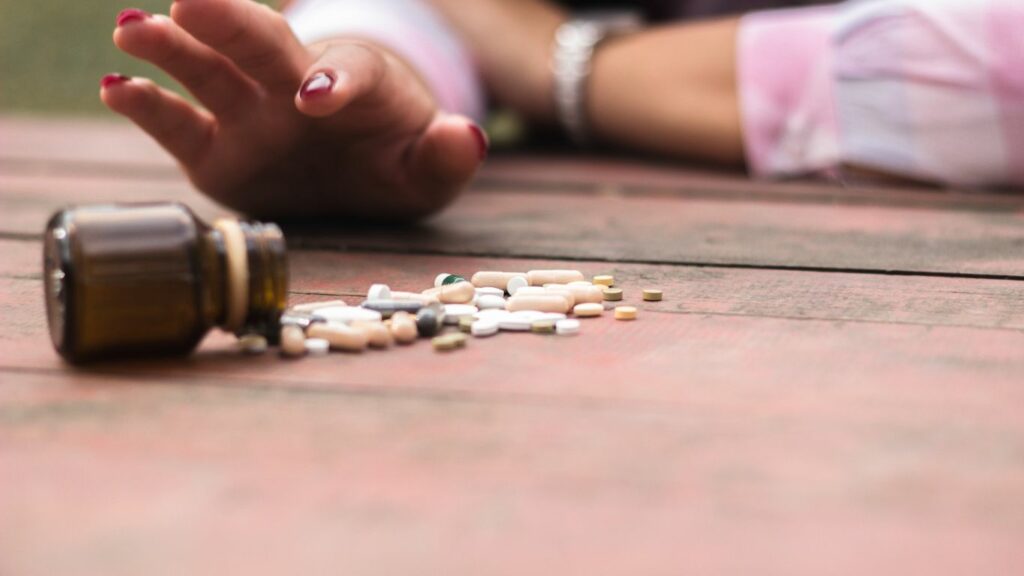Is it Possible to Survive an Overdose?

Risk factors of an overdose include consuming too much of one drug or a mix of drugs. Drug overdoses and opioid related deaths have become increasingly common and can happen more easily with street drugs than prescription drugs because you do not know the exact dosage. Not everyone experiences nonfatal overdoses. Opioid overdose and other overdoses can end in coma, permanent brain damage, or death. Overdose survivors though have gotten a second chance at life and should take the steps to ensure they are not at risk for future drug overdoses. The first step is reaching out for help and getting substance abuse treatment.
What Happens When a Person Overdoses?
Drug overdoses can be quite frightening for you and those around you. You may experience the following:
- Increase heart rate
- Profuse sweating
- Confusion or disorientation
- Loss of consciousness
- Vomiting and diarrhea (blood in vomit or stool are signs of life threatening complications)
- Hallucinations
- Agitation and paranoia
- Seizures

Surviving an Overdose
Waking up from opioid overdose or other overdose is quite painful. Accidental overdose survivors are quite thankful after having survived the experience, however the road ahead will be difficult. The results of drug overdoses will vary from person to person. Feelings of guilt and depression are common after surviving fatal overdoses.
Now is the time to coordinate addiction treatment and entering a drug detox program may be the best first step. A nonfatal overdoses are a sign you cannot stop using alcohol and other drugs on your own and need help from an addiction treatment program. However, medical detox and medication assisted treatment is not enough to overcome alcohol and other drug addiction. A comprehensive addiction program from a healthcare facility can help you acquire the skills and tools necessary for long term substance use disorders recovery.

Health Impacts of Overdose
Some immediate effects include slowed breathing, seizure, coma, and cardiac arrest which can lead to fatal overdoses. Overdose survivors can develop some long-term health challenges such as:
Permanent Effects due to Positioning. If someone overdoses and remains in the same position for a long time before they are found, it can cause certain physical damages from blood circulation being cut off from a limb. This can lead to nerve damage, long-term pain, decreased mobility, or even require amputation of a limb or paralysis.
Permanent Effects to the Brain. Nonfatal overdoses can deprive the brain of oxygen for a long period of time, also known as Toxic Brain Injury. This can lead to permanent brain damage, loss of vision or hearing and even a vegetative state.
Mental Health Effects. Overdose survivors can develop mental health disorders such as anxiety and depression, as well as memory problems.
Permanent Damage to Organs. Cut off blood flow from cardiac arrest can cause permanent damage to several organs. Muscles and tissues can break down, causing chemicals to build up. This can cause kidneys to shut down resulting in diminished kidney function and the possibility for long-term dialysis.
Increase Risks of Dying in the Year Following Nonfatal Overdose. Overdose survivors are at an increased risk for developing respiratory diseases, viral hepatitis, or may die of suicide.
Seeking Treatment After an Overdose
Getting addiction treatments after a nonfatal opioid overdose is critical. Substance use disorders are chronic illnesses that require professional treatment programs to manage successfully. Substance abuse treatment can help anyone struggling with addiction, no matter how long or how severe their addiction may be. Rehab centers offer the type of addiction treatments needed to overcome alcohol and other drug use disorders.
Overdose Treatment and Prevention at DayBreak
DayBreak Treatment Solutions offers comprehensive substance abuse treatment programs to help anyone struggling with addiction and aid in overdose prevention. If you have suffered from an opioid overdose, prescription drug overdose, or any other overdose, getting into a medical detox program with medication assisted treatment immediately is your best chance at overcoming substance use disorders. We offer mental health treatment as well to help underlying issues and the after effects of drug overdoses.
If you or someone you love is struggling with addiction, please give us a call today to learn more about our substance abuse treatment programs at (844) 695-0083.
